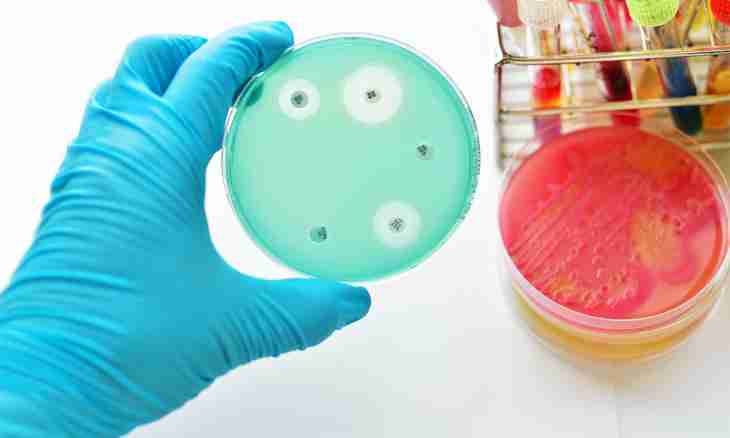Today resistance to antibiotics develops such rates that we can face a problem of lack of drugs for infections in the near future. So why antibiotics stop working?
Why antibiotics stop working?
Antibiotics are intended for destruction or blocking of growth of bacteria, but not all bacteria are equally sensitive. Some of them, naturally, are irresponsive to medicine. Resistance also results from spontaneously accidental mutations. Steady strains can continue to breed and prosper, and from one bacterium one million new will turn out. Antibiotics well affect sensitive bacteria while any resistant do not perish from the effect of drugs. Resistance can be also transferred just seeing bacteria to another.
Whether the excessive use of antibiotics is guilty of it?
The more antibiotics it is used, the it is more than chances that bacteria will develop immunity to it. Very often antibiotics are used not for designated purpose. Many of them are appointed and applied to easy forms of infections when they can and be not registered at all. Antibiotics are useless for treatment of the infections caused by viruses, for example, such as common cold or flu.
One more problem is people who often take not all course of therapy by antibiotics. The early termination of treatment means that most of survivors of bacteria become resistant to medicine.
It is considered also that broad application of antibiotics for treatment and prevention of diseases in livestock production led to emergence of resistant strains some of which are transmitted to the person through food. Also resistant bacteria extend through direct contact with the person or an animal.
Recently cases of a venereal disease (gonorrhea) which was resistant to all antibiotics, usually used for treatment of this infection were registered. Cases with multiple medicinal resistance to treatment of tuberculosis and emergence of the menacing new resistant bacteria, such as New Delhi metal - beta laktamaz are also recorded (NDM-1).
The international trips and travel of the infected people also promote further fast distribution of steady bacteria to other countries.
Why we lack new antibiotics?
The pharmaceutical companies pay special attention to search of new antibiotics and also development of new vaccines for prevention of widespread infections. But these projects are expensive, and in terms of cost efficiency for the companies they can be less attractive, than other business opportunities. Many of ""new"" antibiotics - chemical options of old drugs, and it means that development of stability of bacteria can happen very quickly.
What needs to be done?
If the doctor prescribed you antibiotics, make sure that you completed a full course of treatment even if you felt better much earlier because failure to complete of a course stimulates emergence of resistance of bacteria.
Remember that antibiotics are important medicines and have to be accepted only on doctor's orders.
Antibiotics do not affect viral infections, only bacterial.
You do not share your antibiotics with someone another.
Elementary rules of hygiene - washing of hands and respect for purity when cooking - can stop distribution of many bacteria, including some steady harmful microorganisms.

